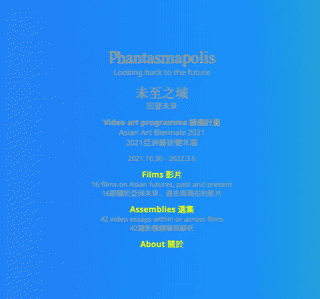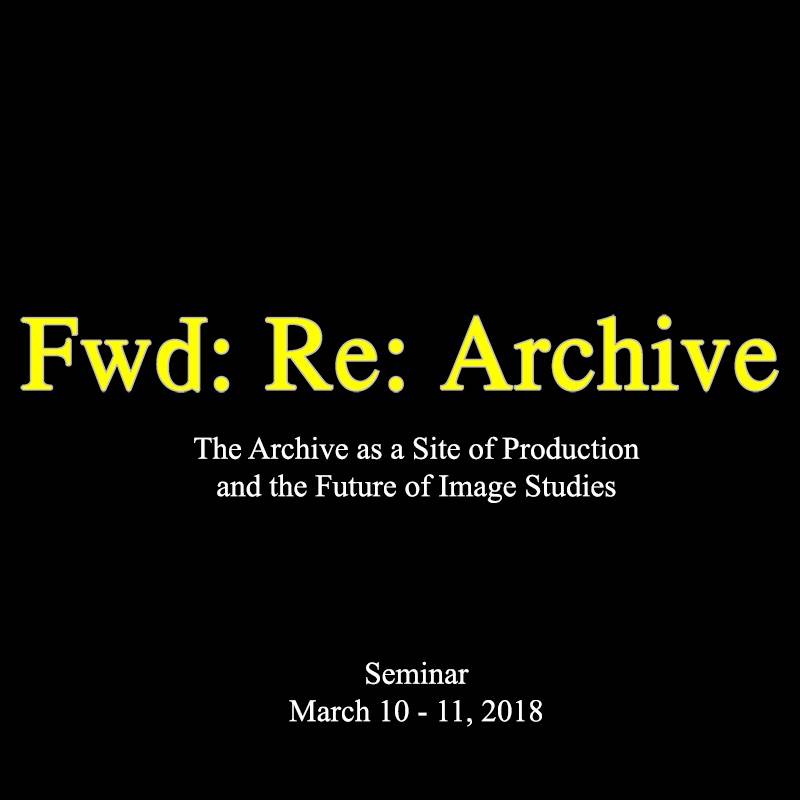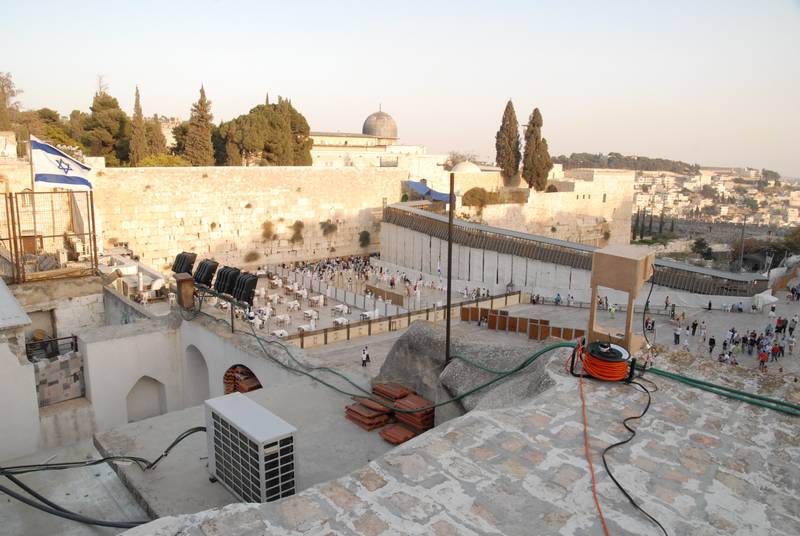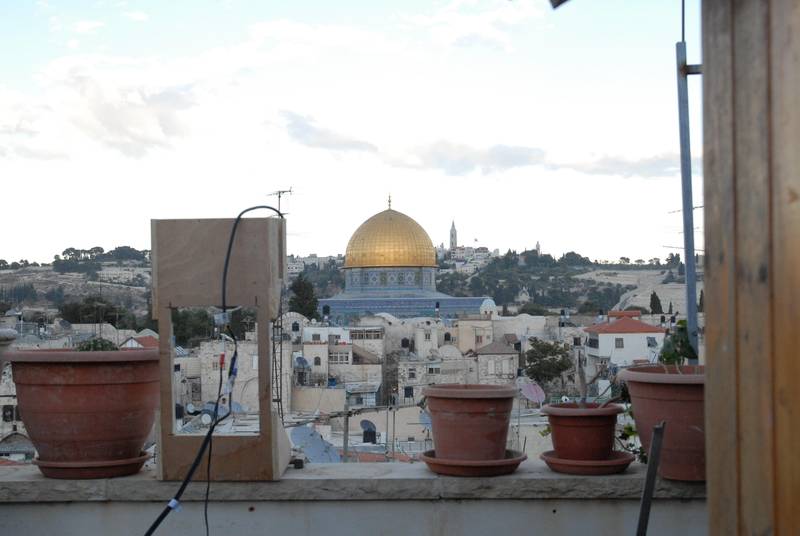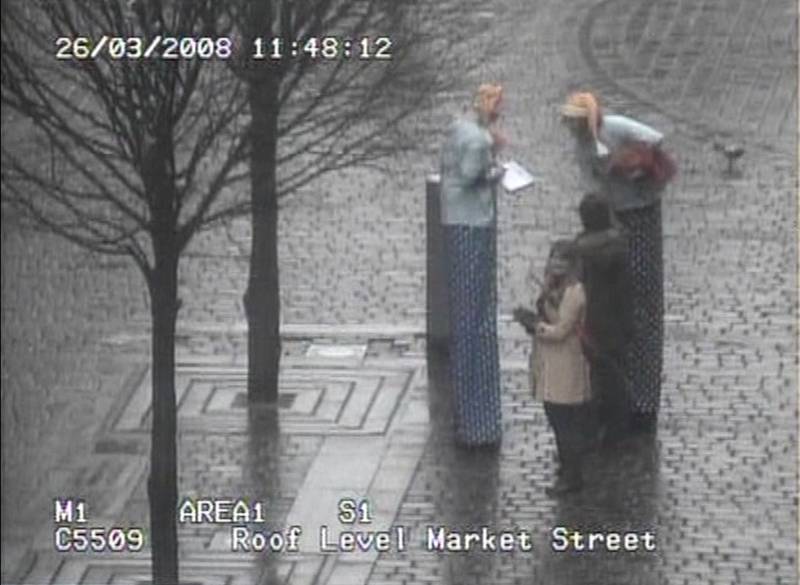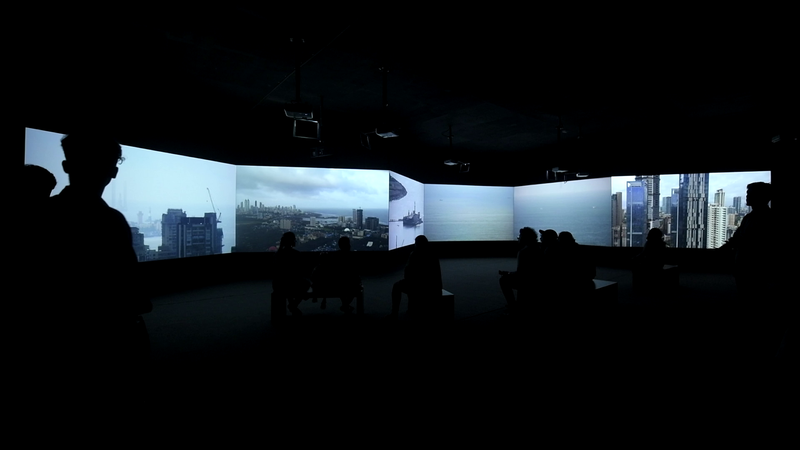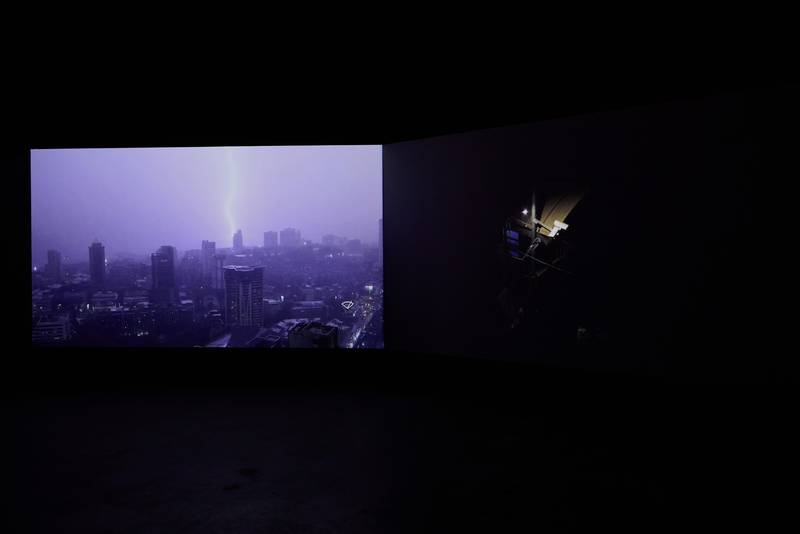
Don't Wait for the Archive, Pt. 2
Oct. 17, 2010 - Nov. 1, 2010
Rooftop Studios, Cairo
October 17-21 and 24-27, 2010
Timings: afternoons.
Visitors are welcome all day.
To not wait for the archive, at least means to do
something. To not wait for the missing archive to be recovered, or the
promised archive to be unveiled, means to make an inventory of what we
have, right now. We do have memory, a vague recollection of how we came
to collect and share the things we care about. But we also have
imagination, an idea of the archive as it could have been, and this
imagination might speak even louder. We also have a sense of where our
collective practices of borrowing, stealing, hoarding, indexing,
remembering, and forgetting, have brought us, a sense of what we can do,
and cannot do.
The archives we've been waiting for, will open
soon. And they will be "open", as it has been announced, and remain
"open". But open to what, and for what? Will it be the "open" in "open
for business", a grand opening to close a number of deals, or the "open"
in "open source", an invitation to read, write and redistribute? Could
it be the "open" in "open-endedness", or even the "open" in the "open city", of an early surrender to the enemy? These are questions for us, as we cannot wait, not any longer, for the archive to open.
What
we can do is bring our tools, and see what they're good for, and what
happens if we combine them. And despite our memories of waiting for the
archive for too long, we can speak from experience. We can speak of the
city, Bangalore or Bombay or Beirut or Berlin, its layers of dust and
wires and memories. We can speak of what's missing when we speak of the
city, as the city keeps changing, and will remember us as rubble, as
under reconstruction, as for sale. But even in these cities, we have
some old infrastructure, some new technology, and we make use of it
every day.
To not wait for the archive, not this time, is to
begin to negotiate: to what extent can we get organized, or establish
common protocols, in order to keep a few things that we care about in
circulation? Where are the on-sites where they are being produced, and
where are the off-sites for back-up? What can be carried over when
things travel? Where are your friends tonight? Will the neighbours mind?
------------------------------------------------------------------------
Don't Wait for the Archive, Pt. 2
A Workshop with Pad.ma
Rooftop Studios, Cairo
October 17-21 and 24-27, 2010
Timings: [depends on lunch, but after lunch, 2 - 6 pm?]
Visitors are welcome all day.
------------------------------------------------------------------------
Pad.ma invites artists, archivists, activists, collectors,
filmmakers, researchers, writers, and anyone intrigued, to a two-week
workshop in Cairo, preceding the "Speak, Memory" conference.
Part of the workshop will involve working with video collections from
Egypt and beyond, most importantly with private or public collections
that the participants bring to the table, while exploring Pad.ma (http://pad.ma)
as a platform for collaborative video archiving and annotation. Beyond
actual contributions to Pad.ma, the workshop will address a number of
conceptual questions in archiving that we hope are just as urgent and
practical. (http://pad.ma/texts/,
compiled during "Don't Wait for the Archive, Pt. 1", can serve as a
starting point.) Last but not least, it is intended to allow for
unplanned encounters that offer new perspectives on the local or
regional circumstances under which we do, or do not, work with archives.
The
workshop will be held (mostly) in English, consist of relatively
flexible early-afternoon and evening sessions, include occasional
excursions and film screenings (see http://0xdb.org
for an incomplete list of materials to bring and share), and conclude
with an "open day", on October 27, for presentations and a public
discussion.
Pad.ma team for the workshop:
Zinnia Ambapardiwala
is
a physics graduate, trichologist, hairdresser, and system
administrator. She is currently the technical coordinator of Pad.ma.
Sanjay Bhangar
is a writer and software developer who lives in Mumbai. He is a founder member of CAMP,
and has been involved with the pad.ma project since its inception. He
is a big believer in the open-source software development model. He is
currently working on a few web-based projects including a web-to-print
publishing platform, a resource site for theatre in India, and online
mapping and indexing tools.
Jan Gerber
is an artist,
filmmaker and software developer from Berlin. He develops platforms for
the production and distribution of video material (v2v.cc, 0xdb.org, pad.ma, dictionaryofwar.org) and runs informal cinemas and publicly funded events on questions of intellectual property and piracy (piratecinema.org, oil21.org). As a co-founder of 0x2620.org, he is currently working on Pan.do/ra, the next version of Pad.ma and 0xdb.org.
Sebastian W. Lütgert
is
an artist, programmer and writer. He lives and works in Berlin. He has
co-founded a self-organized institution for artistic research in media
technology (http://bootlab.org), a cinema for movies downloaded from the internet (http://piratecinema.org) and a non-profit organization for open-source software development (http://0x2620.org).
He has initiated various projects dealing with copyright and cinema,
and is currently working on a film on capitalism, set in Dubai.
Namita A. Malhotra
is a writer, researcher and filmmaker with the Alternative Law Forum (altlawforum.org).
She lives and works in Bangalore. She works on technology, legality and
power and is soon (hopefully) finishing a film on video pornography and
a monograph on law, affect and the image.
Ashok Sukumaran
is
an artist whose interests are in archaeologies of media, and in what
haunts or underlies network forms and material distributions. Recent
subjects in his work include electricity, cycle rickshaws, sea trade,
and "the neighbour". His work takes the form of public projects,
exhibitions, films, lectures, and long-term collaborations via CAMP , which he co-founded in 2007.
Call for Participants
Pad.ma invites artists, archivists, activists, collectors,
filmmakers, researchers, writers, and anyone intrigued, to a two-week
workshop in Cairo, preceding the "Speak, Memory" conference.
Part of the workshop will involve working with video collections from
Egypt and beyond, most importantly with private or public collections
that the participants bring to the table, while exploring Pad.ma (http://pad.ma)
as a platform for collaborative video archiving and annotation. Beyond
actual contributions to Pad.ma, the workshop will address a number of
conceptual questions in archiving that we hope are just as urgent and
practical. (http://pad.ma/texts/,
compiled during "Don't Wait for the Archive, Pt. 1", can serve as a
starting point.) Last but not least, it is intended to allow for
unplanned encounters that offer new perspectives on the local or
regional circumstances under which we do, or do not, work with archives.
The
workshop will be held (mostly) in English, consist of relatively
flexible early-afternoon and evening sessions, include occasional
excursions and film screenings (see http://0xdb.org
for an incomplete list of materials to bring and share), and conclude
with an "open day", on October 27, for presentations and a public
discussion.
